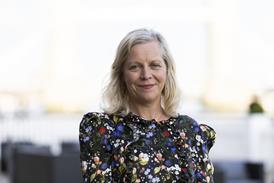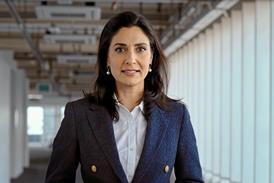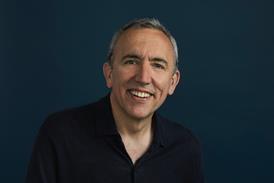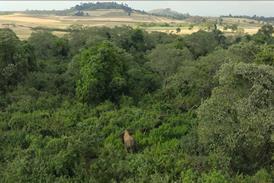- Subscribe

Subscribe to Broadcast in print and online
Take out a subscription to get immediate access to Broadcast:
- Expert analysis and comment
- Unlimited access to in-depth articles and premium content
- Full access to all our online archive
- Intelligence

Get your ideas seen by the industry’s biggest names with the help of the leading TV development site, Broadcast Intelligence. Unlock essential intel on what top commissioners and distributors are looking for and how you can work with them.
Not a member? Find out more Members login here
- News
- Ratings
- Events
- Magazine
- International
- Features
- Broadcast Network
- Advertise
- Jobs
Slow progress on industry diversity

A year after a wave of major representation commitments by the UK’s biggest broadcasters, there is still much to do
This is subscriber only content
Subscribe now to keep reading

The full subscription package includes:
- Unlimited online access
- Monthly Broadcast Magazine
- Selection of annual reports and surveys
- Newsletters + breaking news updates
- Broadcast mobile & tablet app
- Access to previous digital editions
Access premium content subscribe today
If you have an account you can SIGN IN now




















